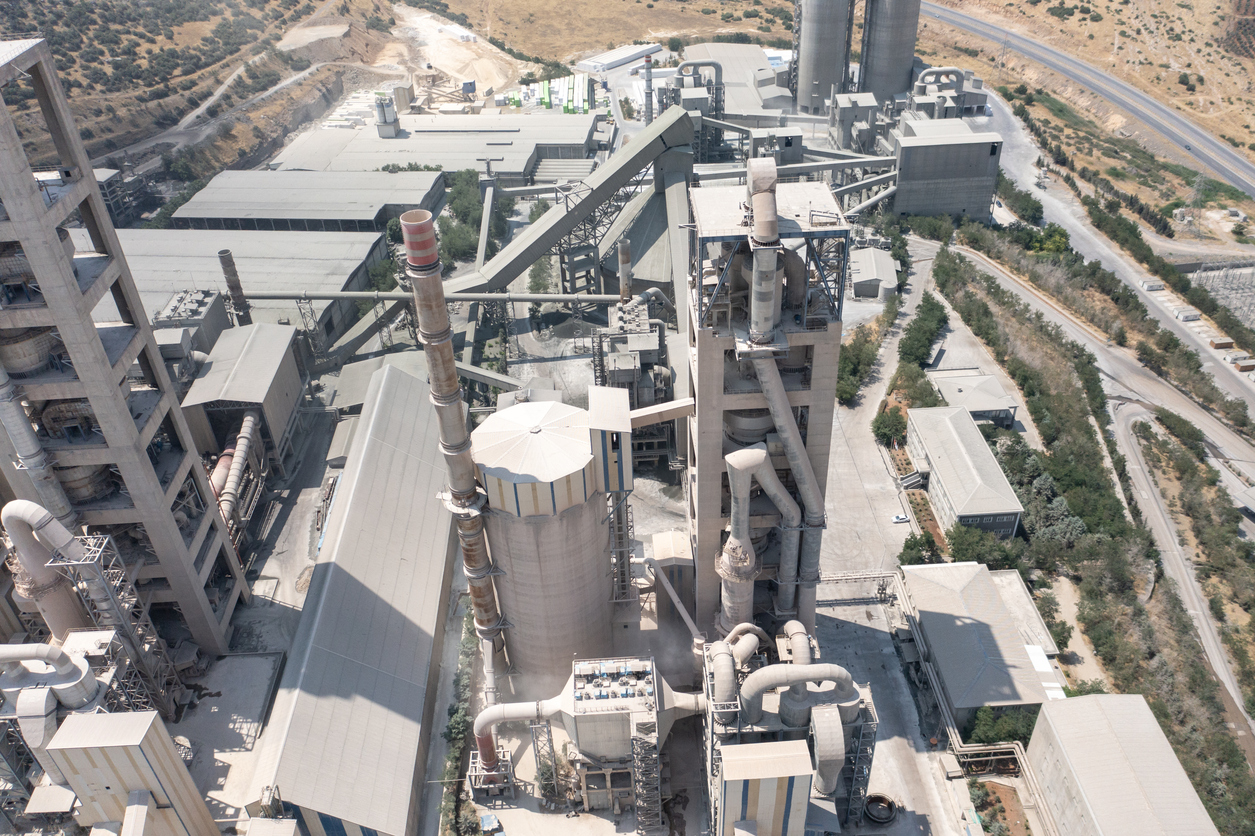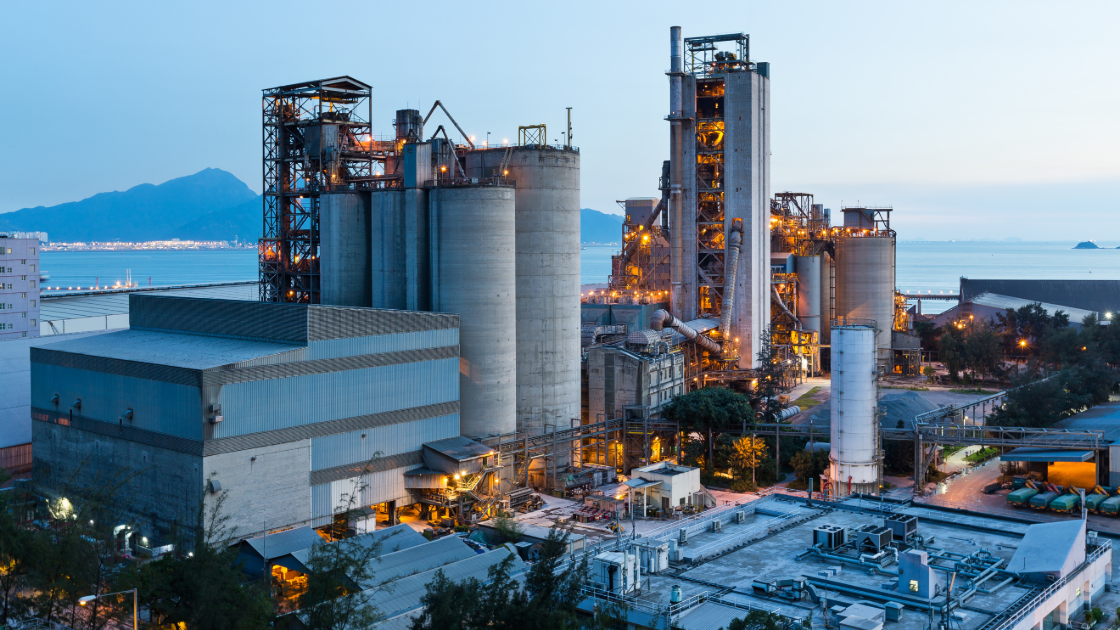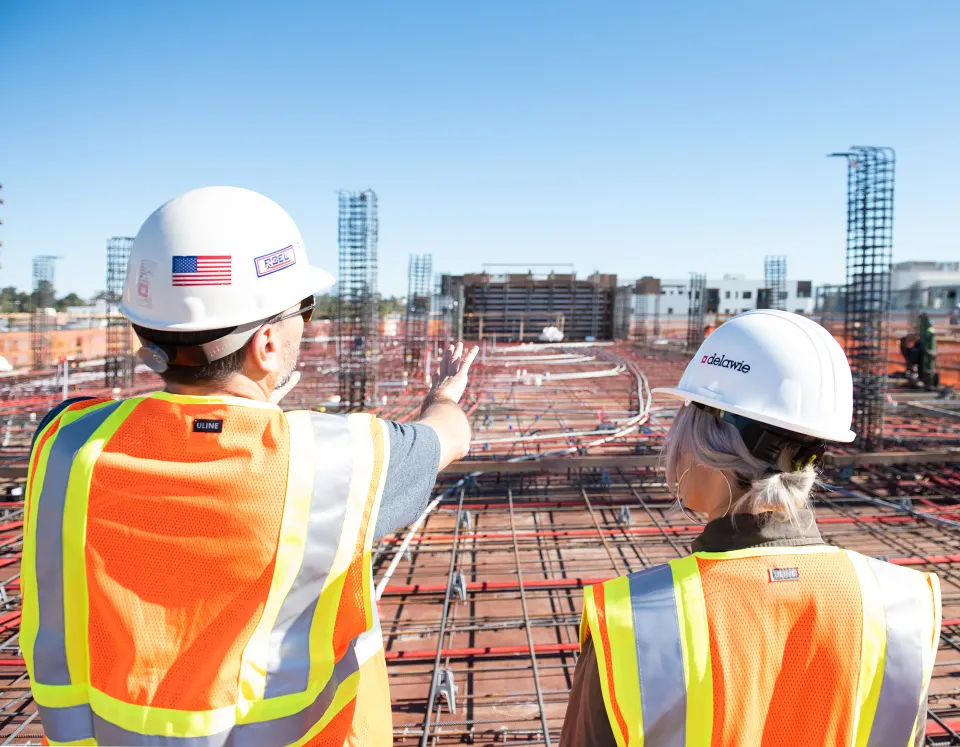Carrie Danner joined the Great Plains Institute in 2023 and serves as the operations coordinator for the Carbon Management team. In her work, she supports all projects within the program to elevate operations, specifically in the grant making and event planning spaces. Carrie earned a bachelor’s degree from Knox College in environmental studies. Prior to joining GPI, she supported programs at the Conservation Corps of Minnesota & Iowa as their member experience administrator.
Solution Type: Low-Carbon Procurement
-

How States Can Transform Cement and Concrete Production
Cement and concrete are foundational to our modern world. They are also a significant source of carbon emissions. Cement, the key ingredient in concrete, makes up about seven to eight percent of global carbon dioxide emissions. If the cement industry were a country, it would be the third-largest source of emissions behind China and the…
-

Letter of Support: PROVE IT Act
I3 supports the PROVE IT Act, which enjoys bipartisan backing in both chambers of Congress. Determining the carbon intensity of American-made goods can enhance US competitiveness and increase transparency. We look forward to working with Congress to pass this important legislation.
-

Federal Policy Can Put American Industry On Competitive Path to Net-Zero
FOR IMMEDIATE RELEASEJanuary 30, 2024 **Media Contacts Listed Below** Minneapolis, MN/Washington, DC (January 30, 2024) – A new report from an industry-labor-NGO partnership recommends a suite of policies to Congress and the federal administration that would set the US industrial sector on track to achieve net-zero emissions by midcentury. The 2024 Federal Policy Blueprint…
-

Supporting Lower Emissions Labeling for Construction Materials
The Environmental Protection Agency (EPA) has a key role to play in ensuring the responsible advancement of the solutions needed to decarbonize the industrial sector, by providing assistance for environmental product declarations (EPDs), validating emissions reductions with data, and supporting low emissions labeling for construction materials. The Industrial Innovation Initiative has prepared a response to EPA’s request for information to…
-

What does ‘green’ procurement mean? Initiatives and standards for cement and steel
Decarbonizing cement and steel production will be critical to achieving national and global climate goals, but it has been slower than in other sectors – like transportation and power – for several reasons. One prominent reason is the role of carbon dioxide (CO2)-emitting chemical processes in steel and cement production. Alongside entrenched manufacturing practices, slow…
